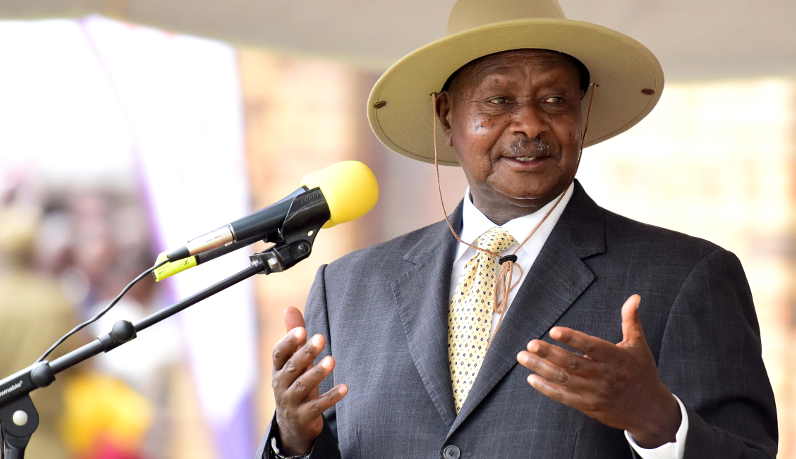Columnists
To be fair, widen dimensions of age limit
Former Deputy Chief Justice, Stephen Kavuma, must be grinding his teeth in discontentment. Just when he was mandated to surrender his elevated office, the Public Service increased the salary of his incoming successor, Justice Alphonse Owiny Dollo, to nearly five times what he had been earning before. Moreover, this was after he had tried, unsuccessfully, to fudge his age so that he would have had some added years before the mandatory retirement time for judges of the High Court, at 70 years.
At another level, the Public Service mandates its officers to retire at an age much lower than that – at 60 years of age. Also, in authorities or agencies (former parastatals), the enforced retirement age falls at the 65 years’ bracket. Even some private companies have a retirement age. However, family-owned concerns have no age limit. Is Uganda getting into this category?
If Parliament is bamboozled to vote for the removal of amendment of the presidential age limit from the Constitution, as the present acrimonious conversation is indicating, then, the age limit, or – absence of it for the president – will fall in the category of family-owned entities. It will indicate that the highest level of public office has been reduced to a restrictive home affair.
The level of conversation is at two opposing sides: those who want to remove the 75-year age limit for the president to stand for office; and those who want to have it remain as such.
It is generally agreed that the constitutional imposition of the 75-year age bracket was in trepidation that, were the late Dr. Apollo Milton Obote, to have returned from his exile in Lusaka, Zambia, after 1990, he would have qualified to stand for office for a third time. The fear among the political contenders was that he would have won. So, the best way of stemming him was by a constitutional debarment.
Those who had those calculations in mind did not imagine that the same constitutional requirement would eventually catch up with them.
That is why there is this frantic effort to remove the 75-year constricting age limit so that to stand for presidential office would be virtually gratis. This is, of course, taking into account that, the “democratic” requirement of frequent and timely elections can easily be subjugated to manipulation.
That is what has reduced this basic democratic requirement to be a mere side-show that makes the practice of democracy, especially in the African banana republics, a painful laughing stock. It is what makes the dictates of former “buffoon”, the late president Dr. Idi Amin Dada, much more rational.
Realizing that the presidential chair was/is “sweet”, as according to one of his successors, Godfrey Lukongwa Binaisa, Amin simply decreed that, henceforth, he would rule until he died; thus he named himself a “life president”.
That his leadership ended in other ways that affected his life presidency, does not remove from the fact that it made more sense, so that the citizens settled themselves to other meaningful activities other than wasting their time and public money in conjectures.
That is what the present MPs see as a means to a cash cow. As long as they keep on stumping for whichever side of the age-limit conversation, they are assured of having their hands “greased”. This again makes the issue a side-show and, therefore, anathema to what would have amounted to a factual debate on the matter.
To remove the acrimony surrounding the debate, it is meaningful to widen the application of the age limit to affect more people than just the presidency. So, as Parliament legislates that they remove the presidential age limit, they should also allow (legislate) the Public Service Commission to also remove the strictures that tie the Civil Servants to the 60-65-year age brackets.
This may serve a number of purposes. One, it may remove the untouchable sensation with which the presidency is presently being held, so that people do not give a damn, one way or the other, but concentrate on their livelihoods.
The point here is that there would be more than 20,000 public officers, according to the Civil Service, who would qualify to die in their jobs. Also it would probably wake up politicians to the realization that they need to create jobs for all the people so that “work” is as mandated by God – and not by them only.
Besides, other sections of the work environment, in businesses or otherwise, would adopt the same stance, such that people would know that working has a limitless time frame. Consider a situation like in Zimbabwe where, President Robert Mugabe is a mere vegetable, but at 94, he is still “working”.
Comments














